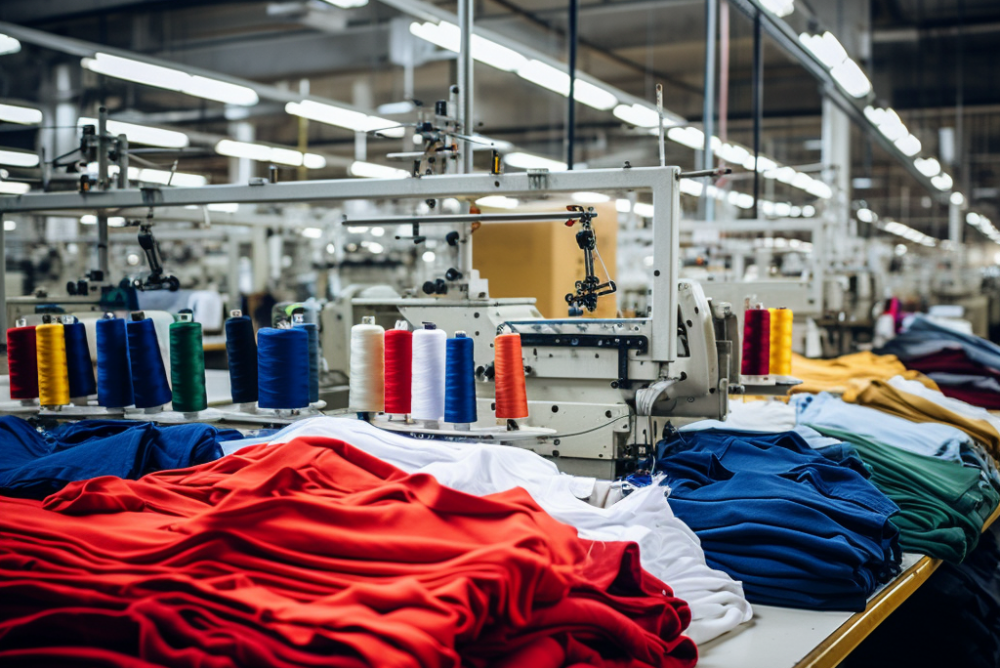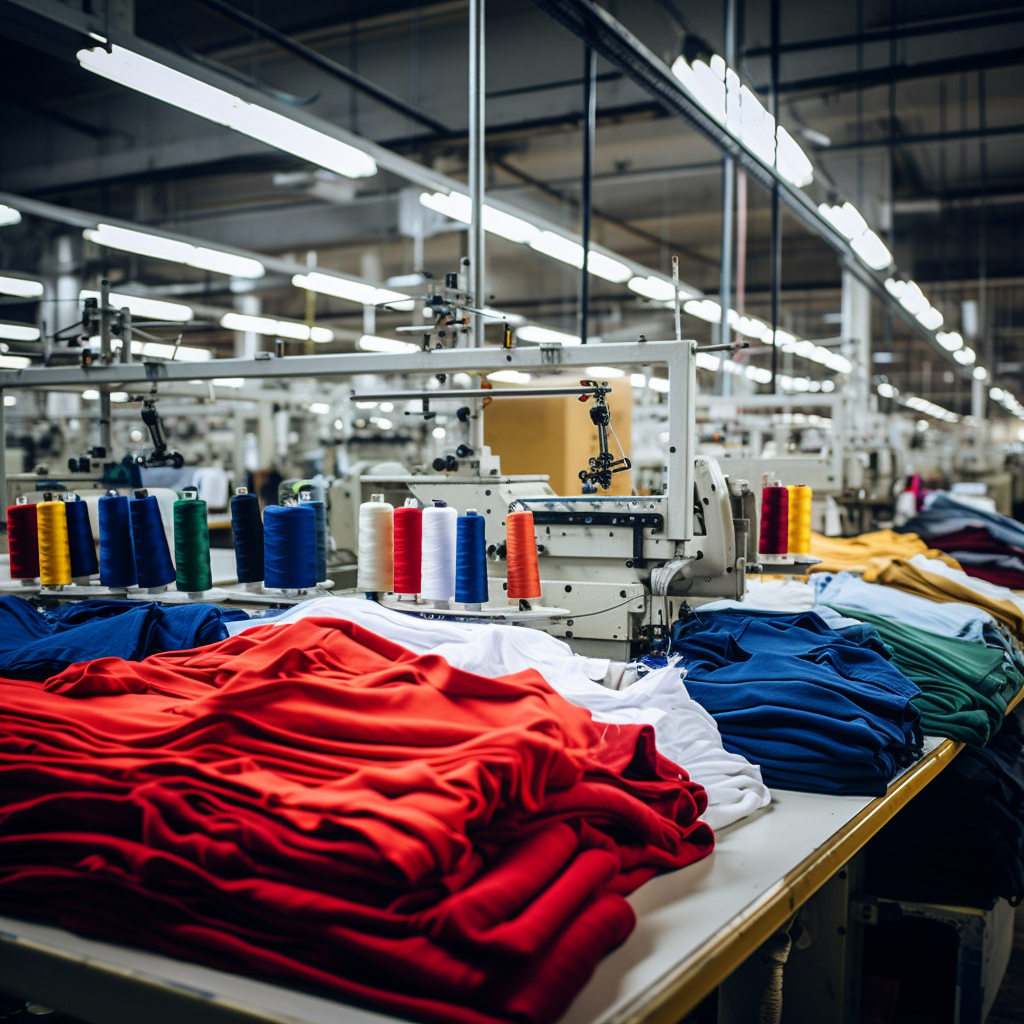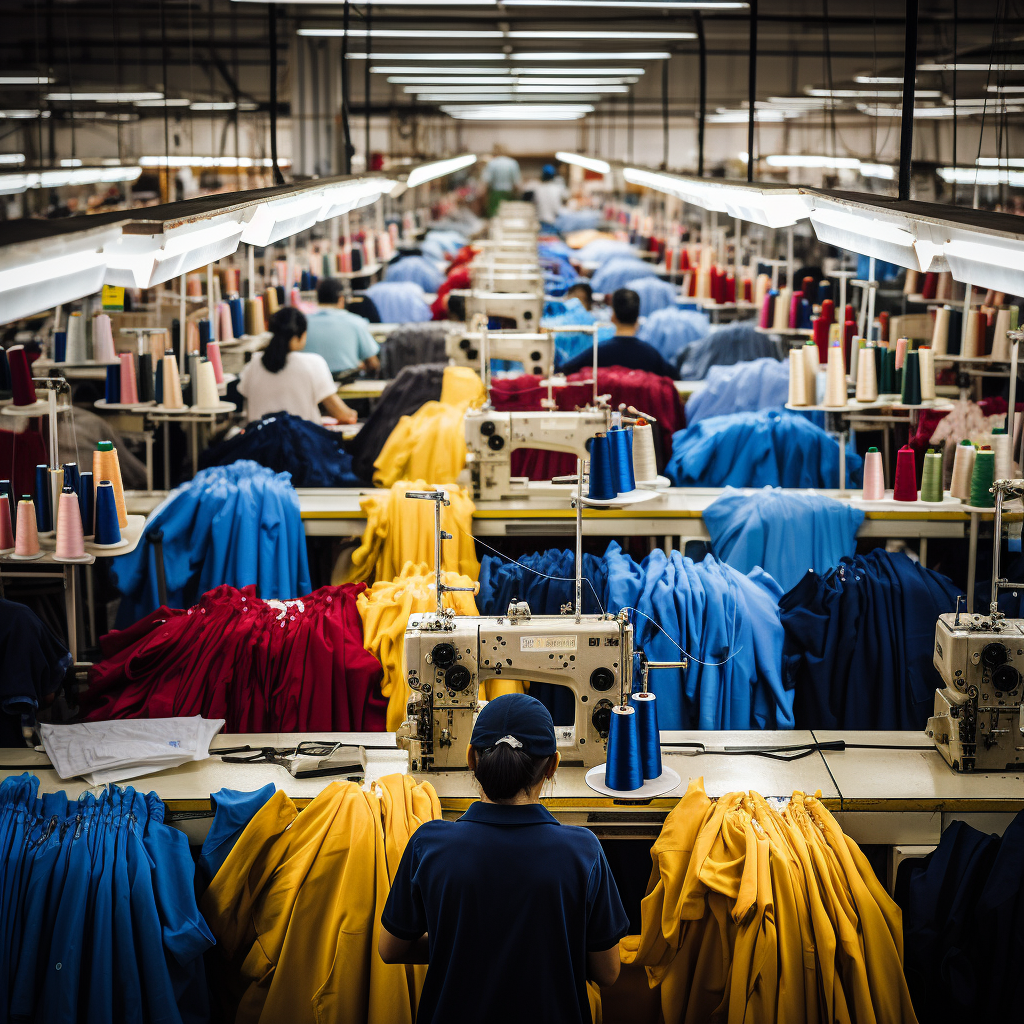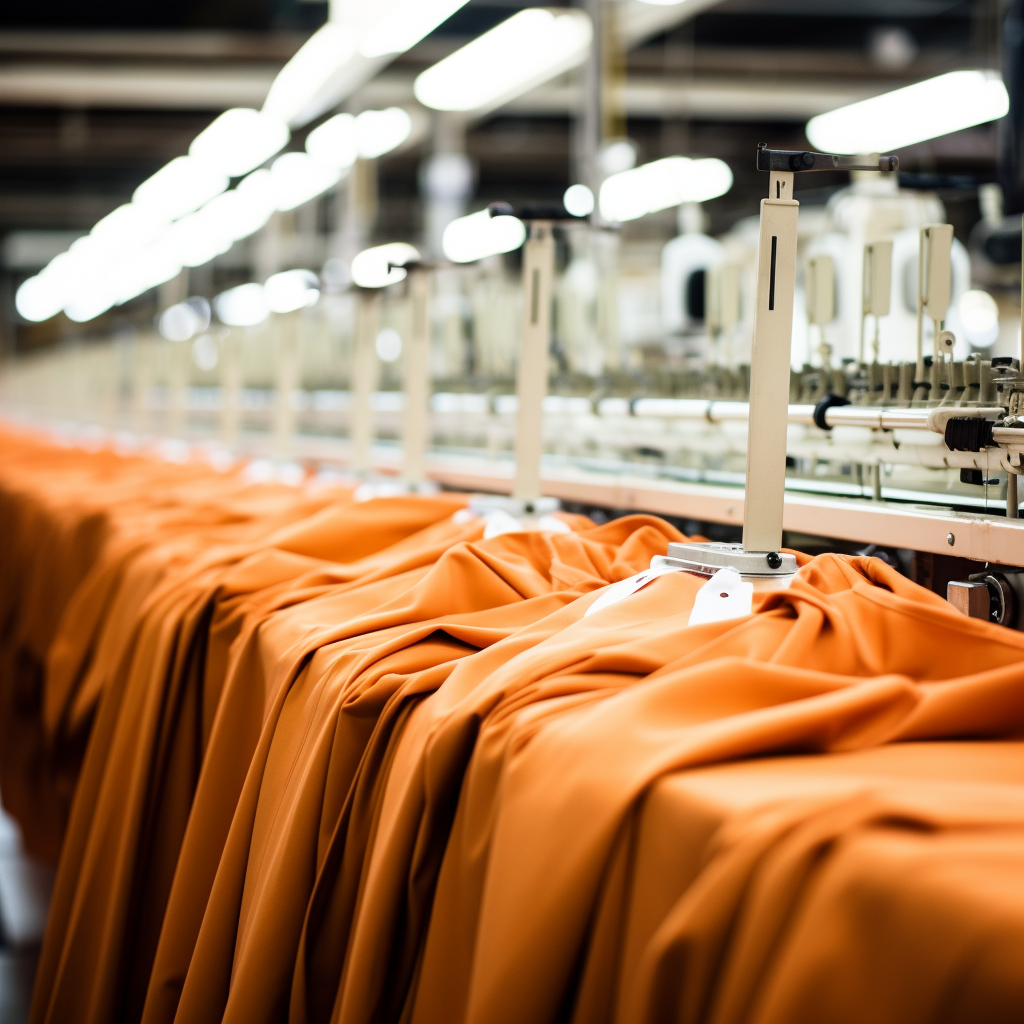10 Reasons Clothing Manufacturers Outperform Trading Companies


The apparel industry is a highly competitive space with both clothing manufacturers and trading companies vying for market share. However, clothing manufacturers have some distinct advantages over trading companies that make them a better choice for many brands and retailers. Here are 10 reasons why clothing manufacturers deliver more value than trading companies.
More control over production
Clothing manufacturers oversee the entire production process from raw materials to finished garments. This gives them greater oversight and control over quality, costs, production timelines, and other factors. Trading companies simply source goods from various factories and lack this end-to-end oversight. The control clothing manufacturers have allows them to identify and resolve any issues during production.
Higher profit margins
By controlling production directly, clothing manufacturers can keep costs low and enjoy higher margins on orders. Trading companies have less control over production costs and must pay intermediary fees that clothing manufacturers avoid. The savings allow clothing brands and retailers to achieve better per-unit profitability.
Better quality control
With direct control over production, clothing manufacturers can implement stringent quality control processes and inspect goods at multiple stages. This results in lower defect rates and higher consistency. As third-party sourcing agents, trading companies have more limited quality control capabilities. The extensive oversight by clothing manufacturers delivers reliable product quality.
Increased flexibility and responsiveness
Clothing manufacturers can alter production workflows and schedules as required within their own factories. Trading companies must request production changes from external suppliers. This gives clothing manufacturers greater flexibility to adapt to changing customer needs, trends, and orders. Their in-house capabilities also allow faster turnaround times.
Stronger customer relationships
Working directly with brands and retailers allows clothing manufacturers to cultivate stronger business relationships compared to trading companies. The partnerships foster trust and lead to repeat business. Manufacturers also gain better insights into customer needs through direct cooperation during production.

Better inventory management
Clothing manufacturers maintain tight control and visibility over raw material supplies, work-in-progress inventory, and finished goods through vertical integration. This helps minimize excess stock, avoid material shortages, and reduce carrying costs. Trading companies lack these inventory management capabilities since production happens externally.
More design capabilities
Many clothing manufacturers offer in-house design services while trading companies source finished samples. Direct design abilities allow manufacturers to assist brands with new product development, modifications, prototype creation, and other services. This adds value for clothing brands and retailers.
Brand building opportunities
For retailers and new brands, partnering with a clothing manufacturer provides an opportunity to develop a private label collection. Manufacturers can handle production of own-brand apparel lines and labels from scratch. Trading companies only facilitate sourcing of products designed by the client.
Potential for vertical integration
Larger manufacturers may have vertically integrated textile mills, dyeing houses, and other capabilities in-house. This improves lead times, coordination, and costs. Trading companies source each step separately from external suppliers. The potential for integration makes manufacturers a strategic long-term partner.
Direct access to manufacturing innovations
As apparel technologies and manufacturing processes improve, clothing manufacturers are best positioned to rapidly adopt innovations. Trading companies rely on suppliers to upgrade. The direct relationship with production gives manufacturers earlier access to things like new machinery, sustainable materials, and digital workflows.

Conclusion
While trading companies provide basic sourcing services, clothing manufacturers offer strategic advantages ranging from production control to private label capabilities. For apparel brands and retailers seeking quality, reliability, and partnerships, manufacturing is increasingly the preferred choice over simply sourcing finished goods. The oversight and expertise clothing manufacturers bring allows them to deliver higher value and better results.





-500x500.jpg)
-500x500.jpg)
-500x500.jpg)
-500x500.jpg)
-500x500.jpg)